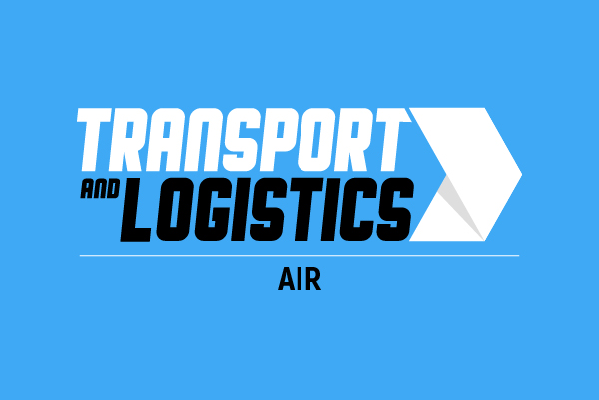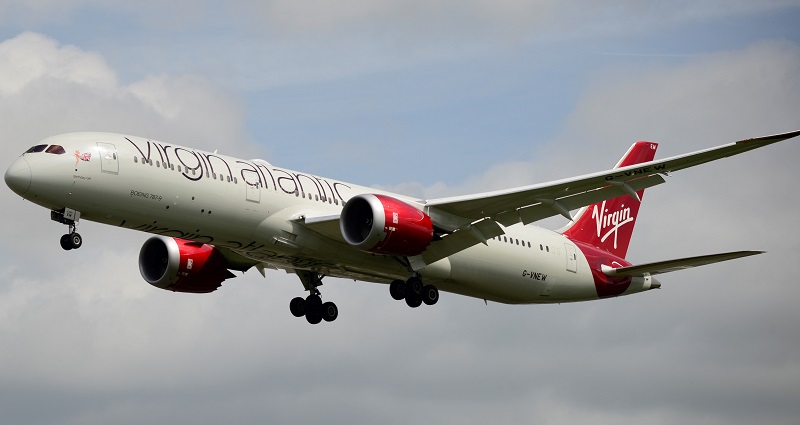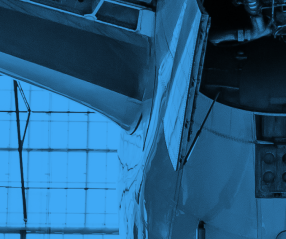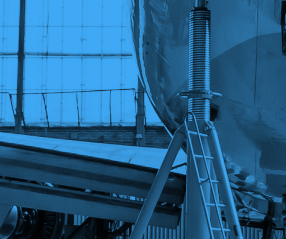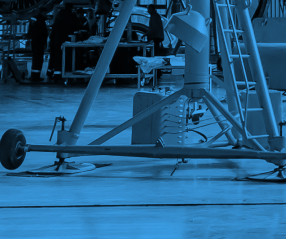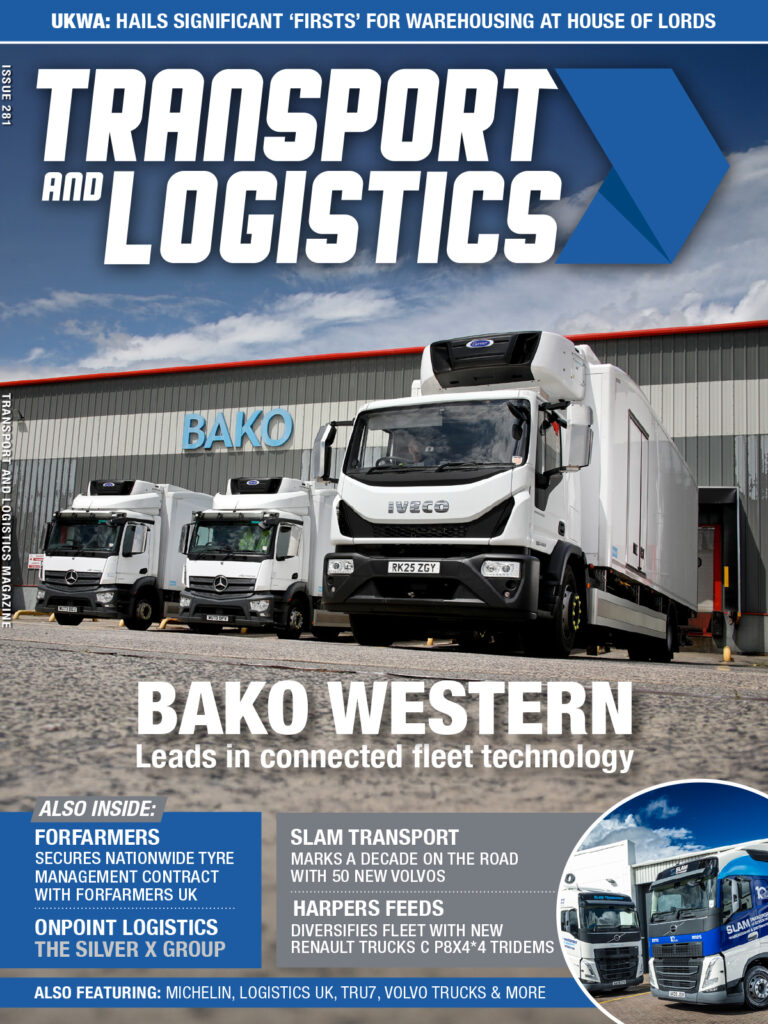Scientists are looking into revolutionising the future of aviation by creating cutting-edge jet fuel with microbes that transform carbon to ethanol. The ethanol will then be converted into a low-carbon and environmentally friendlier aviation fuel.
The leader of this charge is LanzaTech that plans to supply Virgin Atlantic with its fuel if the test flight will prove successful. Sir Richard Branson, the founder of Virgin Atlantic says: “This is a real game-changer for aviation and could significantly reduce the industry’s reliance on oil within our lifetime.”
The experts at LanzaTech think that the Lanzanol fuel formula will offer a 50-70% decrease in greenhouse gas emissions compared to conventional petroleum gasoline. Dr Jennifer Holmgren, LanzaTech CEO, says: ““We can now truly imagine a world where a steel mill cannot only produce the steel for the components of the plane, but also recycle its gases to produce the fuel that powers the aircraft.”
The company’s partnership with China Baowu Steel Group proved that the potential of this idea is huge. They managed to produce more than 450,000 litres of Lanzarol per year from a single site in Shanghai, which could be converted to make 225,000 litres of jet fuel, enough for a flight between Shanghai and London.
Some steel giants are already interested in this project and ArcelorMittal, the world’s largest steel maker, is building an €87 million pilot plant to produce ethanol on a commercial basis.
Dr Jennifer Holmgren addresses the problem of carbon emissions associated with aircraft fuel use and sees the solution that LanzaTech provided as a component of a “basket of solutions” to stop depending on fossils. “My goal is that in under 10 years I want to be able to supply [four billion to nine billion litres] per year of fuel that is competitive with the long-term average price of petroleum,” says her.
Her vision seems to take shape with the support of both steel companies and airlines and the battle for an environmentally friendly aircraft can finally begin.


